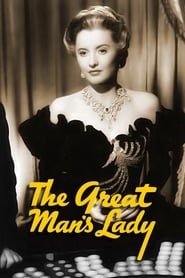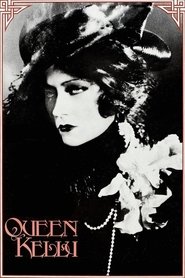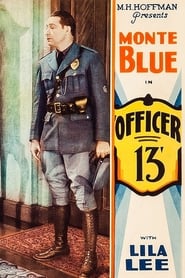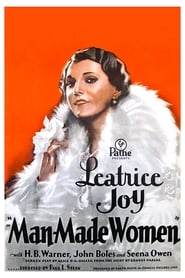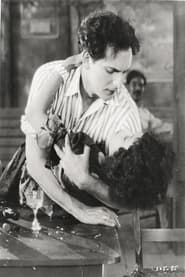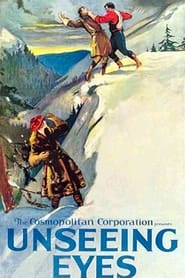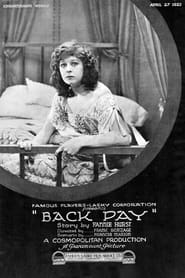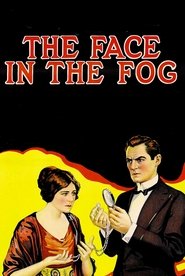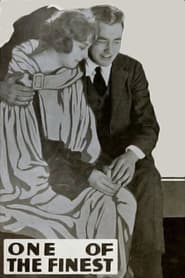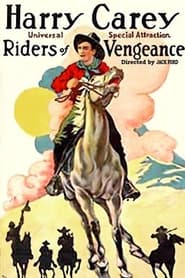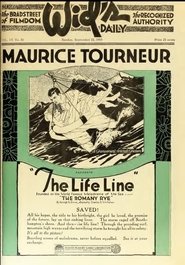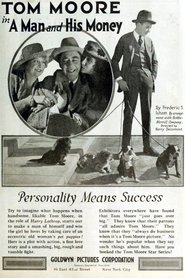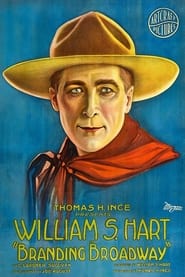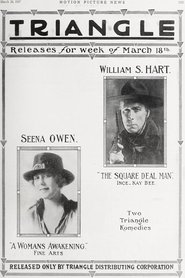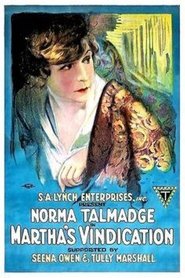Seena Owen

Known For: Acting
Gender: Female
Date of Birth: November 13, 1894
Day of Death: August 15, 1966 (72 years old)
Place of Birth: Spokane, Washington, USA
From Wikipedia Seena Owen (November 14, 1894 – August 15, 1966) was a Danish-American silent film actress. Born Signe Auen at Spokane, Washington, the youngest of three children raised by Jens Christensen and Karen (née Sorensen) Auen. Her father and mother came from Denmark in the late 1880s and settled in Minnesota where they married in 1888. Within a short period of time they relocated to Portland and then Spokane, where her father became proprietor of the Columbia Pharmacy. Her first important film was A Yankee From the West (1915) under the name Signe Auen at the age of 21. She was later convinced to change her name and settled on Seena Owen, the phonetic spelling of her real name. In 1916 she performed in D. W. Griffith's Intolerance. The same year she married George Walsh whom she had met on the set of Intolerance. The marriage lasted until their divorce in 1924. A regular player for the rest of the silent era, Owen appeared in films such as Maurice Tourneur's Victory in 1919 where she was photographed to great effect by Tourneur's cameraman, Rene Guissart. In 1920, she appeared in "The Gift Supreme" with Lon Chaney, who appeared with her in Victory. She co-starred with Gloria Swanson and Walter Byron in the ill-fated Queen Kelly (1928), as the mad Queen who whips Swanson in one scene. With the arrival of sound in movies, Owen's weak voice became a problem and forced her to retire from the silver screen in 1933. After her retirement, she worked on a number of films in the 1930s/40s as a screenwriter including two starring Dorothy Lamour: Aloma of the South Seas and Rainbow Island, both in 1941. The former was written in part with her sister, Lillie Hayward, a successful Hollywood screenwriter, Seena Owen died on August 15, 1966 at Hollywood Presbyterian Hospital, aged 71, and was interred at Hollywood Forever Cemetery.

